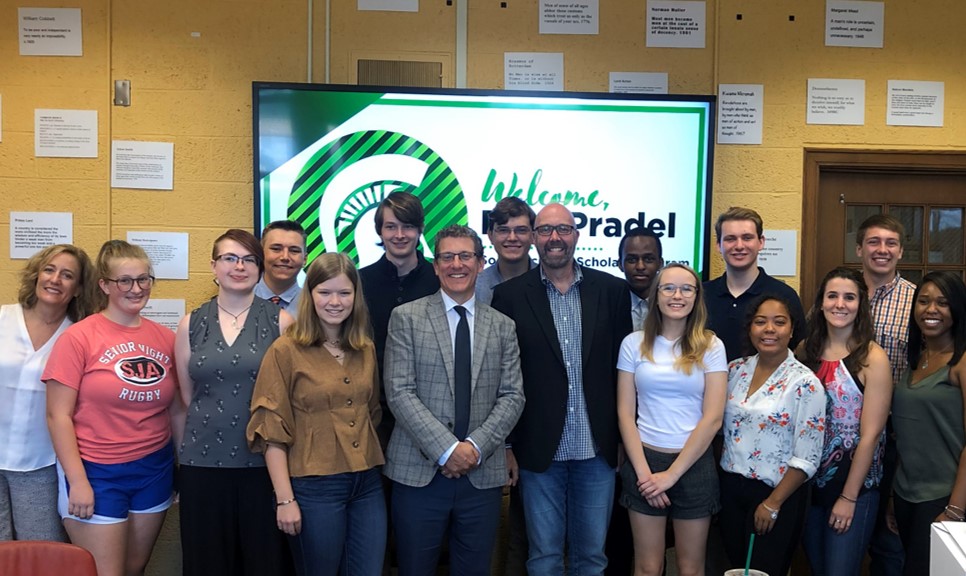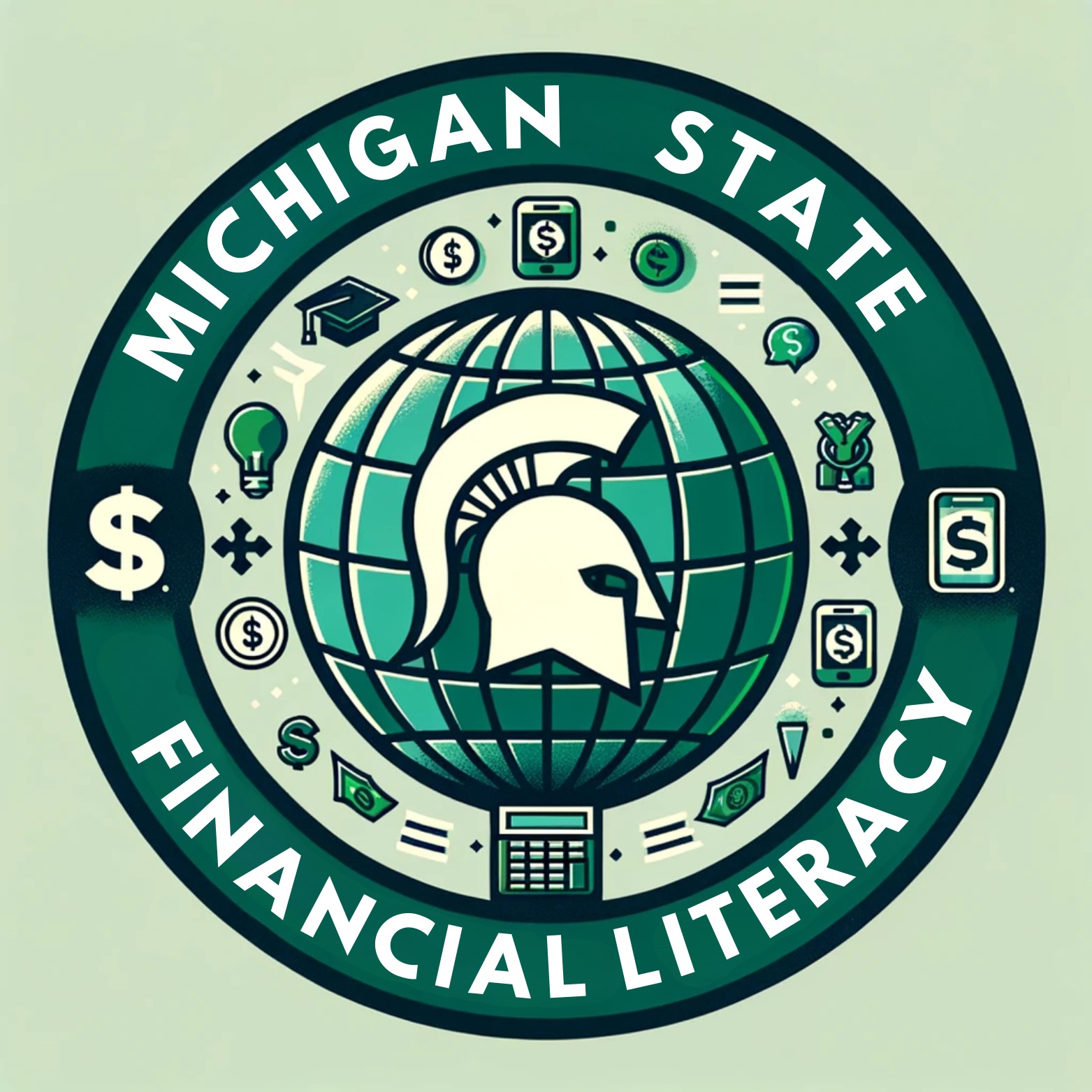Go for the Green
What is financial literacy? It means knowing how to wisely handle your money. From saving, budgeting, loans and credit, learn the tools you need to be money smart at MSU! We have many resources for you to choose from, including classes, events, scholarships and even an app!





